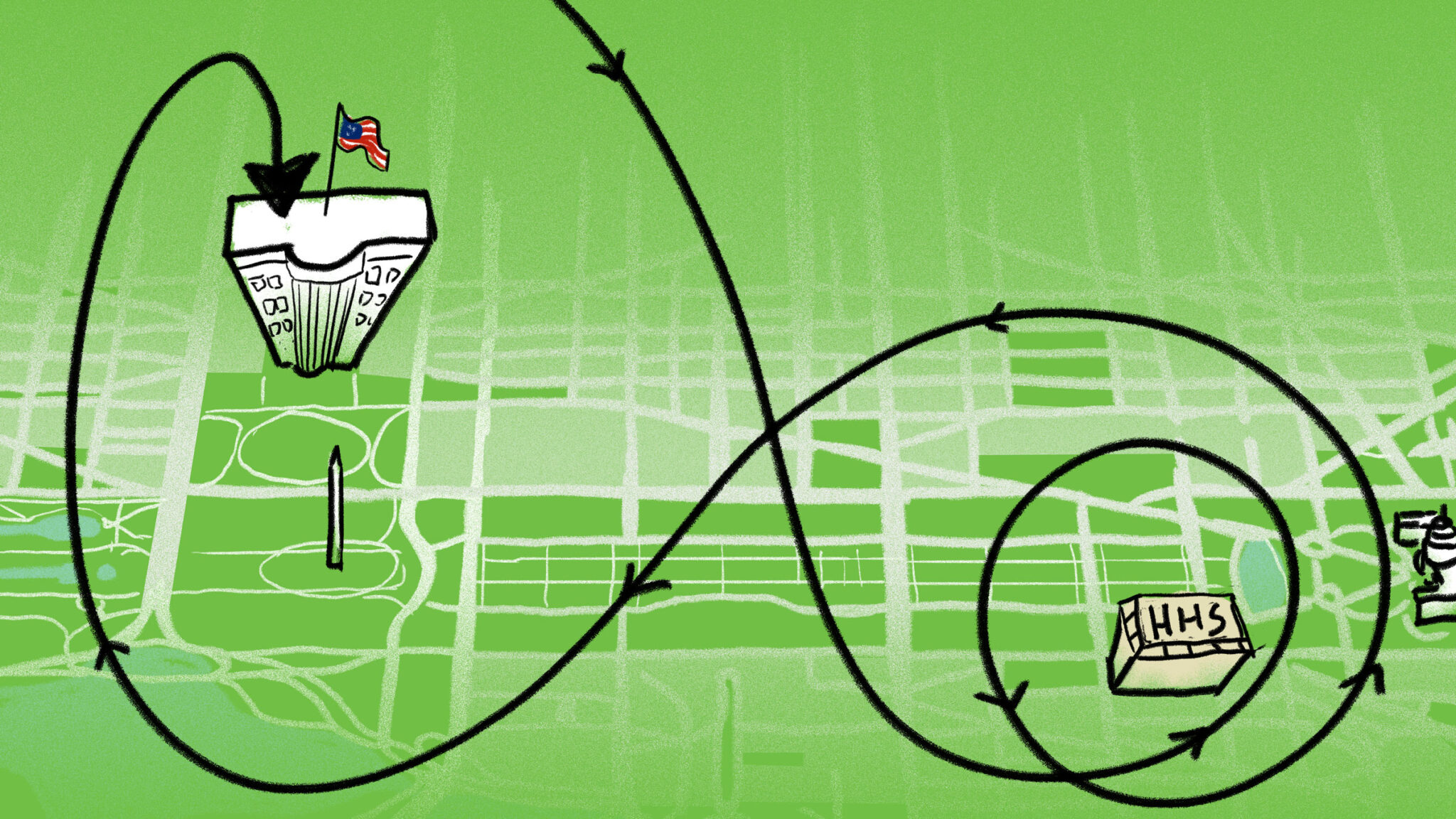NCI is asking for an appropriation of $7.8 billion for fiscal year 2023—about $800 million above the House’s FY22 proposed budget for NCI.
This amount, specified by the institute’s Bypass Budget, is calibrated toward raising paylines to the 15th percentile by 2025.
“Several years ago, we started a concerted effort to raise the payline to the 15th percentile by 2025,” Sharpless said Sept. 1 in his remarks to the National Cancer Advisory Board. “That is the ‘15-by-25’ initiative, and robust and sustained investments are needed to achieve that level.”
As it stands, NCI paylines are at the 11th percentile, and the success rate for investigator-initiated research project grants is 12.8%.
The Bypass Budget, also known as the Professional Judgment Budget, is one of the unique authorities given to NCI under the National Cancer Act of 1971. The law allows the institute director to bypass budget review at NIH and HHS and submit this request directly to the White House.
If your institution has a site license, log in with IP-login or register for a sponsored account.*
*Not all site licenses are enrolled in sponsored accounts.
Login Subscribe













